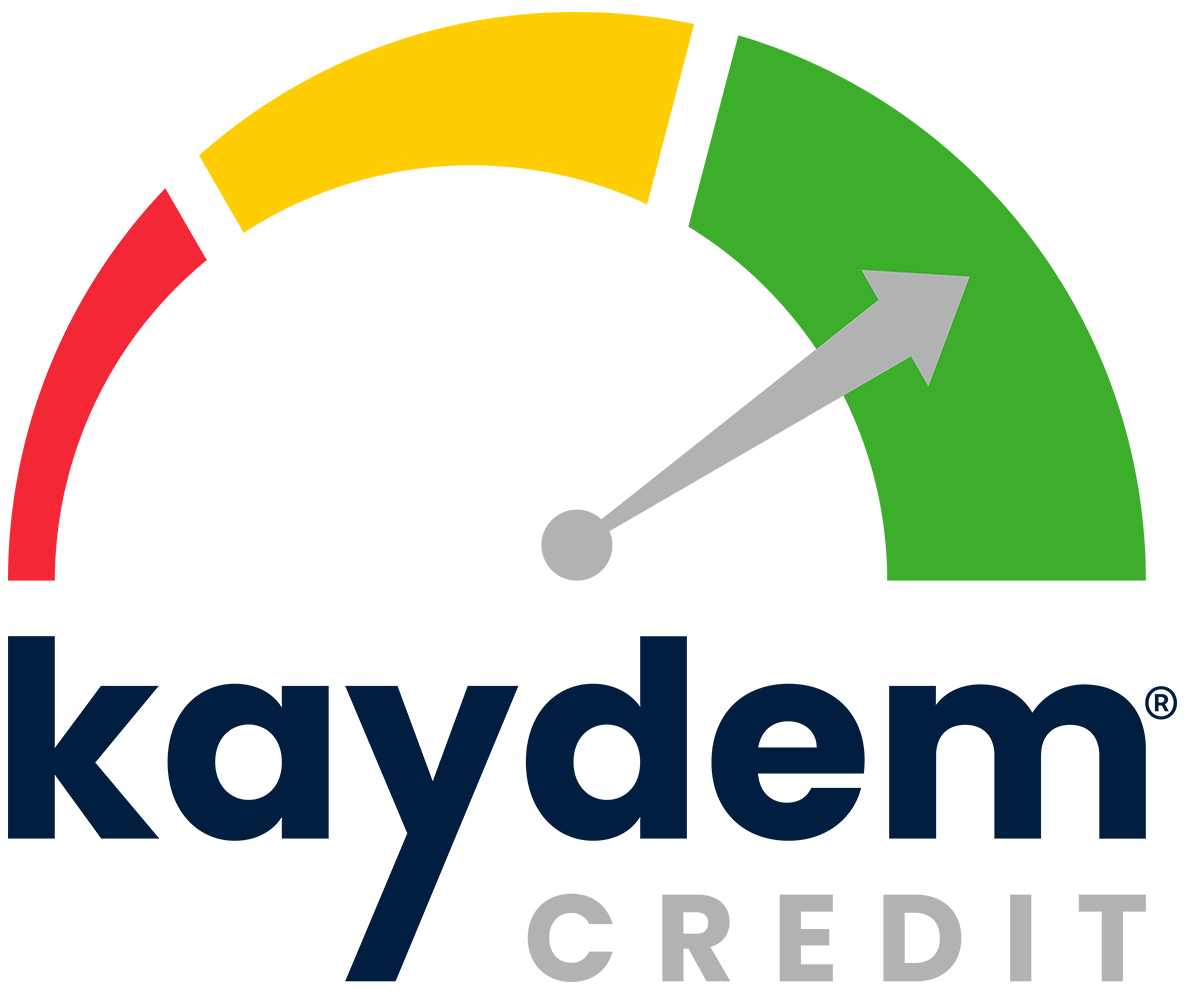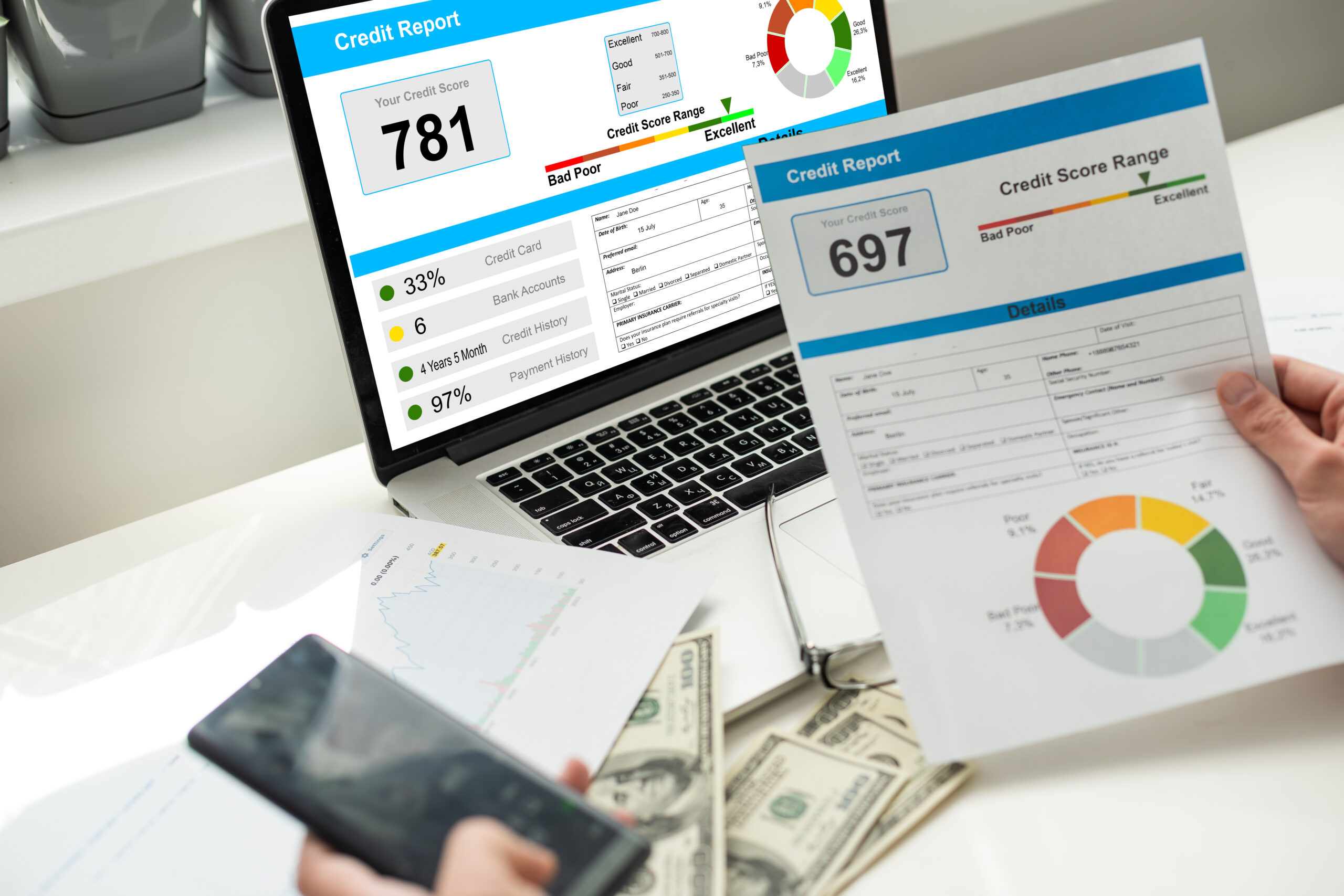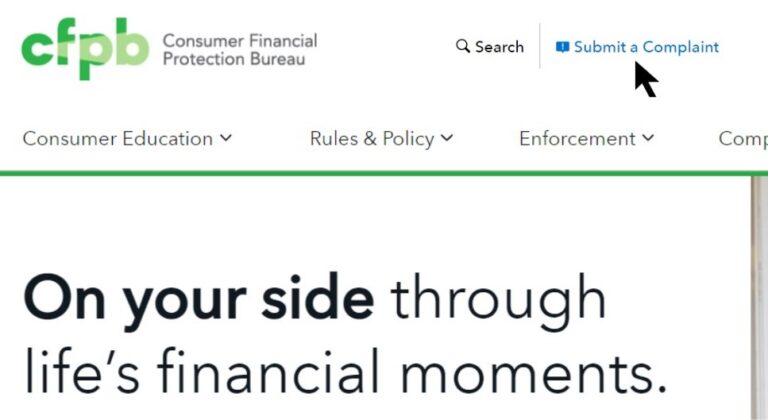You keep hearing how important your credit report is, but when it comes to actually checking it, the process feels unclear. Where do you go? Which site is safe? And what are you even supposed to look for?
A Consumer Reports survey found that more than one in three Americans have never checked their credit report, while 44% of those who have found at least one error. That’s a serious issue, considering mistakes on your report can go unnoticed and hurt your finances for years.
If you’re unsure where to begin, this article will explain everything you need to know: where to get your credit report for free, how often to check it, and what to do if something doesn’t look right.
Key Takeaways
- You can access your full credit report at Fund&Grow Credit Services or through AnnualCreditReport.com.
- Everyone is entitled to one free report per bureau every 12 months with AnnualCreditReport.com.
- Your credit report includes account history, inquiries, and personal information—review it regularly for accuracy.
- If you spot errors, you can dispute them directly with Equifax, Experian, or TransUnion.
- Kaydem Credit Help offers professional support to help you understand your report, challenge inaccuracies, and work toward a stronger credit profile.
Why It’s Important to Check Your Credit Report
Your credit report tells the story of how you manage money. It includes your payment history, credit card balances, loans you’ve taken, and any accounts sent to collections. This information helps lenders, landlords, and even some employers decide whether to trust you with credit or responsibility.
Every detail on that report can shape your financial future. A single mistake, like a payment marked late when it wasn’t, can lower your score and make it harder to get approved for the things you need.
Where to Get Your Credit Report for Free
You can get your credit report from AnnualCreditReport.com[1] [2] . It’s the only website authorized by federal law to give you free access to your credit reports from all three major credit bureaus: Equifax, Experian, and TransUnion.
By law, you’re entitled to one free report from each bureau every 12 months. However, due to ongoing efforts to support consumers, you can now check your reports for free every week through this site.
For daily monitoring and more advanced features, we recommend using Fund&Grow Credit Services. This is a trusted credit monitoring tool that lets you track changes, stay alert to suspicious activity, and view your reports consistently. There is a fee for this service, but the added protection and convenience are worth it, especially if you’re actively working to improve your credit.
How to Read and Understand Your Report
When you open your credit report, it can feel overwhelming at first. But once you know what to look for, it becomes much easier to make sense of it.
Your report is usually divided into a few key sections:
- Personal Information: Your name, date of birth, Social Security number, and current and past addresses. Make sure these details are accurate.
- Account Summary: A list of your credit accounts, like credit cards, loans, and mortgages. It shows balances, payment history, and account status.
- Credit Inquiries: A record of who has checked your credit. Hard inquiries can affect your score slightly, while soft inquiries do not.
- Public Records: This includes bankruptcies or legal judgments, if any.
- Collections: Any accounts sent to debt collectors.
As you go through each section, look for anything that seems off, like an account you don’t recognize or a missed payment that shouldn’t be there. Catching these issues early is key to keeping your credit healthy.
What to Do If You Find an Error
Mistakes on your credit report can cost you. One wrong entry could lead to higher interest rates, loan denials, or lost opportunities. That’s why it’s so important to act fast if you notice anything that doesn’t belong.
Start by taking a closer look at the issue. Is it a late payment, you know you made on time? An account you don’t recognize? A balance that looks off? Once you’ve figured out what’s wrong, the next step is to file a dispute with the credit bureau that reported the error.
Here’s a simple way to handle it:
- Collect proof. Find any documents that support your case — a payment receipt, bank statement, or email confirmation.
- Submit your dispute. You can file it online through Equifax, Experian, or TransUnion. If you prefer, you can also send a letter by mail.
- Give it time. The bureau will usually review and respond within 30 days.
- Follow up. If the error is fixed, your report will be updated. If not, you can ask for a note explaining the situation to be added to your file.
Protecting Your Credit Report
Keeping an eye on your credit report isn’t something you do once and forget. It’s an ongoing habit that helps you spot problems before they grow. From identity theft to reporting errors, the earlier you catch issues, the easier they are to fix.
One way to stay ahead is by setting up credit monitoring. Many banks and apps offer free tools that alert you when there’s a change to your report, like a new account or a sudden drop in your score. These alerts can help you act quickly if something doesn’t look right.
If you think your information has been compromised, you can also place a fraud alert on your credit file. This tells lenders to take extra steps to verify your identity before approving credit. For even stronger protection, consider a credit freeze, which blocks access to your credit report altogether until you lift it.
How Kaydem Credit Help Can Support You
For over 15 years, Kaydem Credit Help has supported thousands of people in restoring their credit and rebuilding their financial confidence. We take a hands-on approach that starts with a detailed review of your credit reports from all three major bureaus.
Once we’ve assessed your full profile, our team gets to work challenging the items that don’t belong—whether that’s late payments, collections, charge-offs, or hard inquiries. We also correct outdated or inaccurate personal information, which plays a bigger role than most people realize. When your credit report reflects the right details, lenders see a more trustworthy profile.
If your score has suffered due to past mistakes or unexpected life events, we’ll help clean up the damage and guide you toward better credit habits.
Book a no-cost consultation now to get started!
Frequently Asked Questions
Where can I get my full credit report?
You can get your full credit report for free at AnnualCreditReport.com. This is the official site authorized by federal law to provide reports from Equifax, Experian, and TransUnion. You’re entitled to one free report from each bureau every 12 months—and currently, you can access them weekly.
How do I get my credit report in Florida?
Whether you live in Florida or anywhere else in the U.S., the process is the same. Visit AnnualCreditReport.com to access your report for free. You can also request it by phone or mail using the instructions provided on the site.
What is the fastest way to get your credit report?
The quickest way is to request it online through AnnualCreditReport.com. You’ll be asked to verify your identity, and once approved, you can view and download your reports immediately.
How to get a credit information report?
A credit information report is another term for a credit report. You can get it from each of the three main credit bureaus—Equifax, Experian, and TransUnion—by visiting AnnualCreditReport.com. If you’re looking for additional tools or insights, platforms like Credit Karma also offer free access to credit summaries.
We have a credit monitoring company. We advise on this one before others. There is a fee for this one…so we can keep the others for the free option as well.
done. thank you







